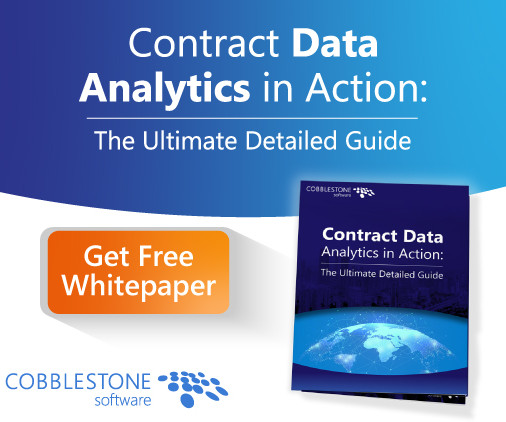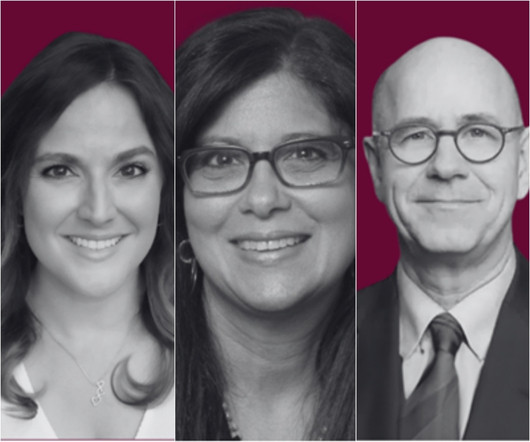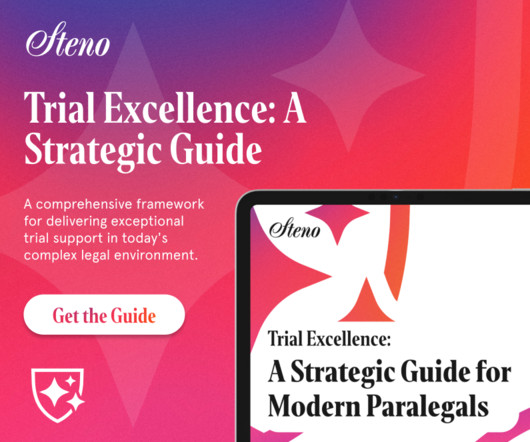Final Webcasting Royalty Rates Published - A Comparison of How Much Various Services Pay
Broadcast Law Blog
MARCH 14, 2011
Last week, the Copyright Office published in the Federal Register the final decision of the Copyright Royalty Board on the statutory rates for Internet radio royalties - royalties paid by webcasters for the noninteractive streaming of sound recordings. As we have made clear before , these are royalties that are paid in addition to the royalties paid to ASCAP, BMI and SESAC for the public performance of the musical compositions (see our memo on Using Music in Digital Media , here , that explains







































Let's personalize your content